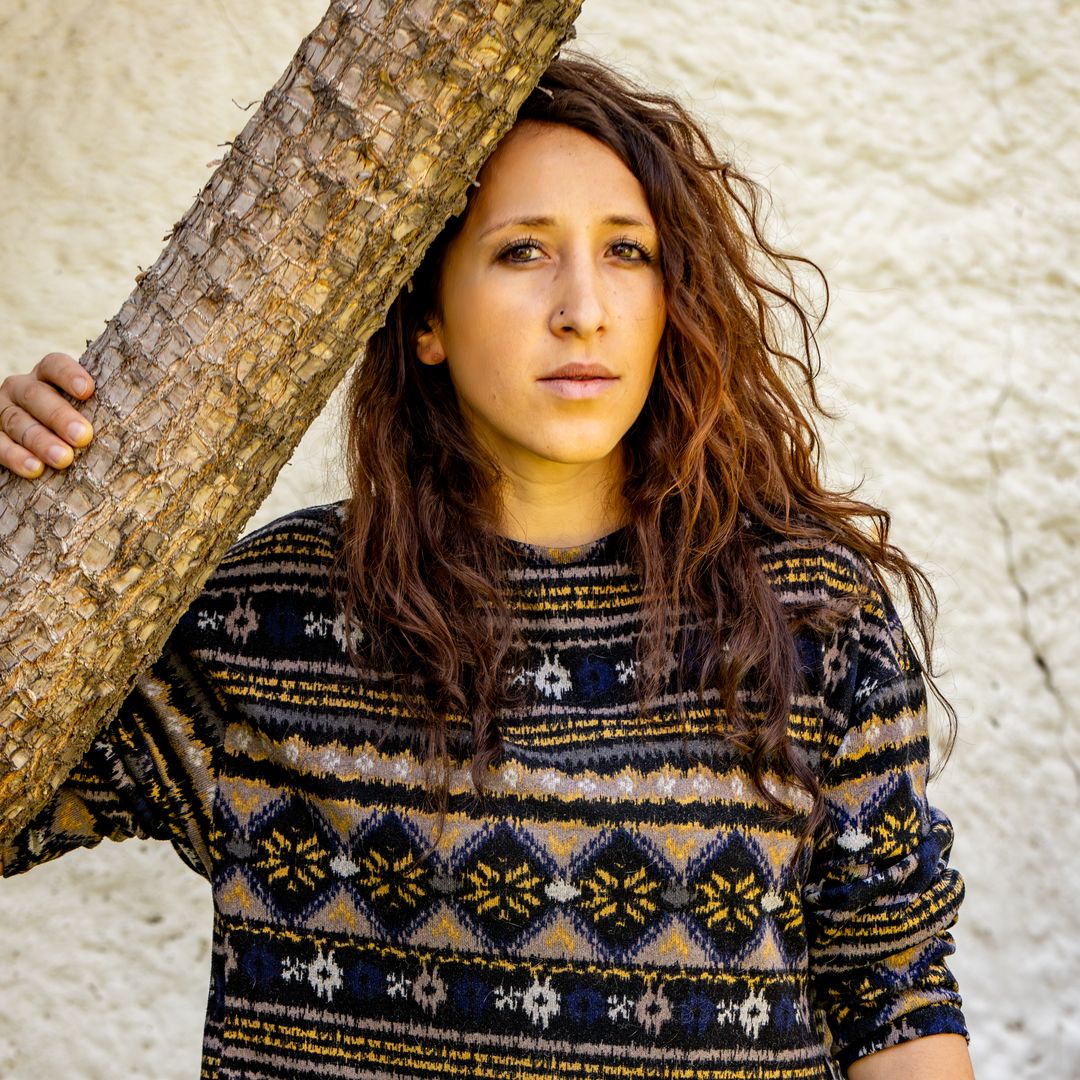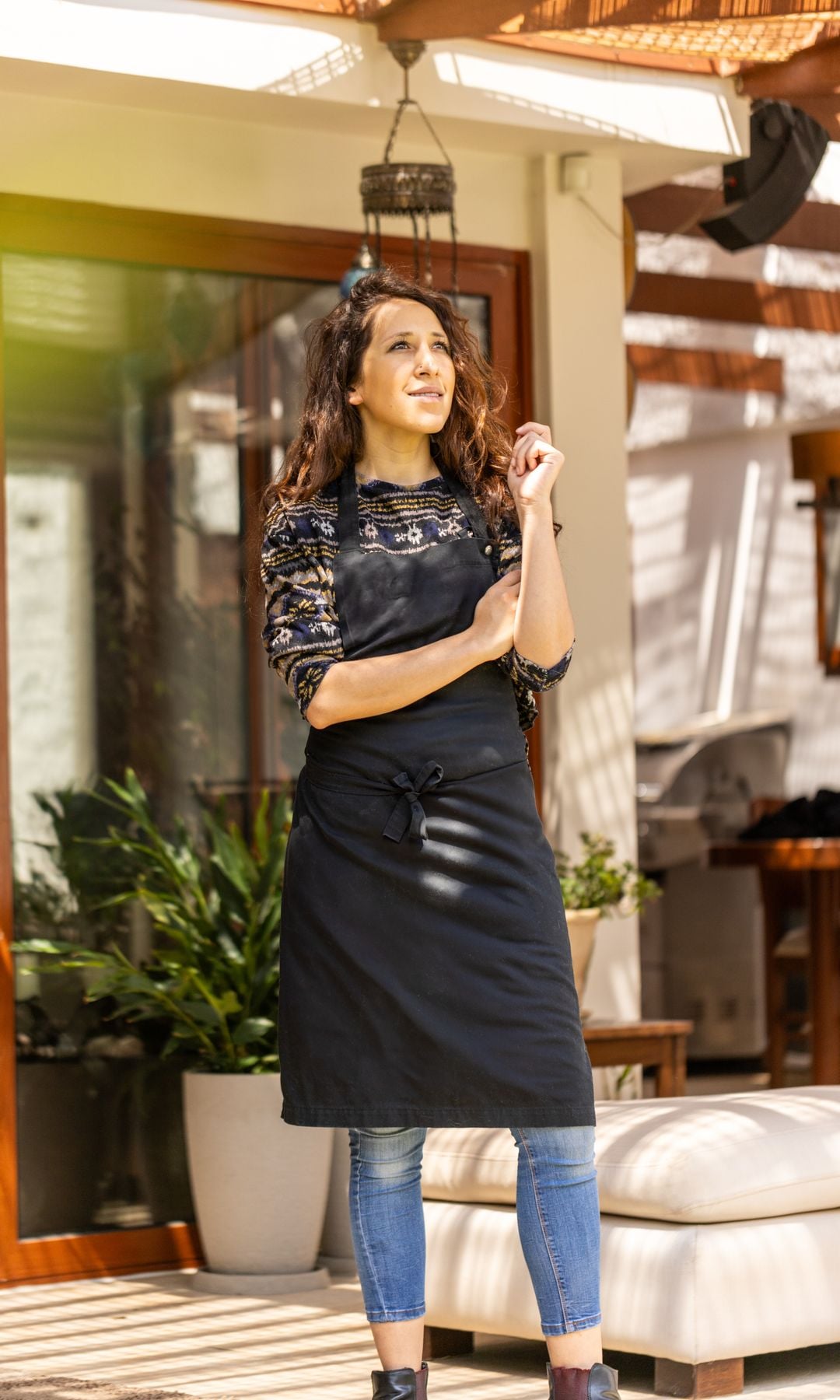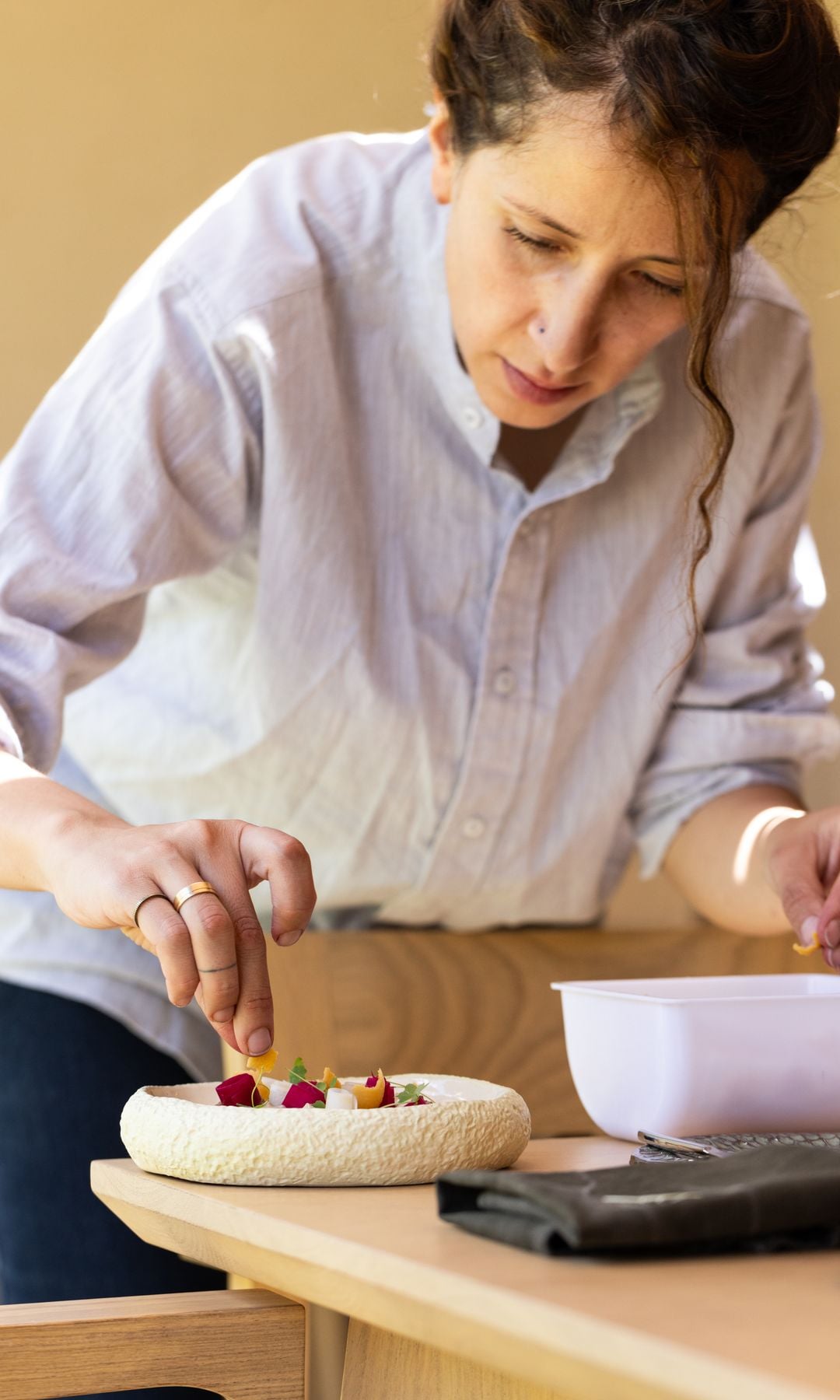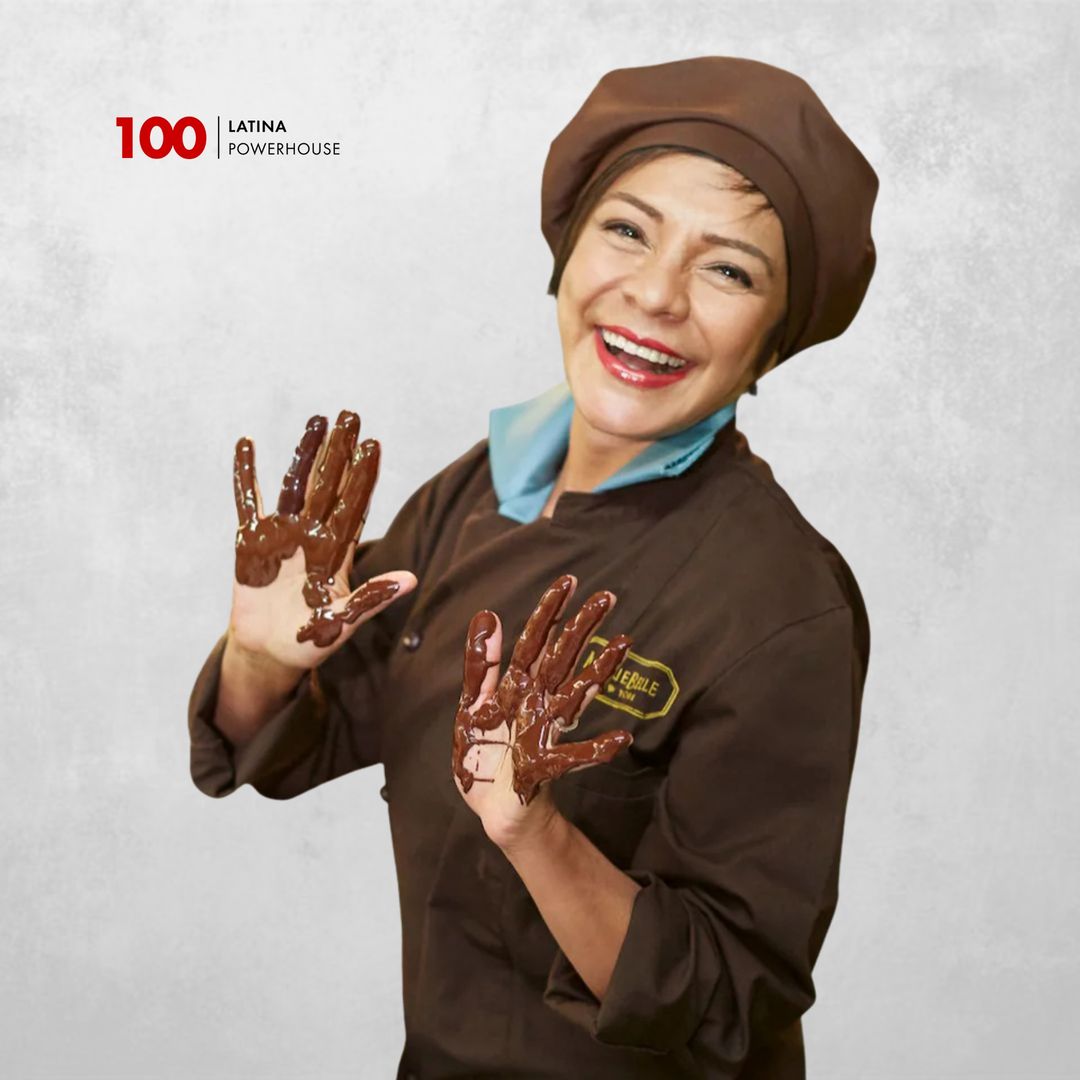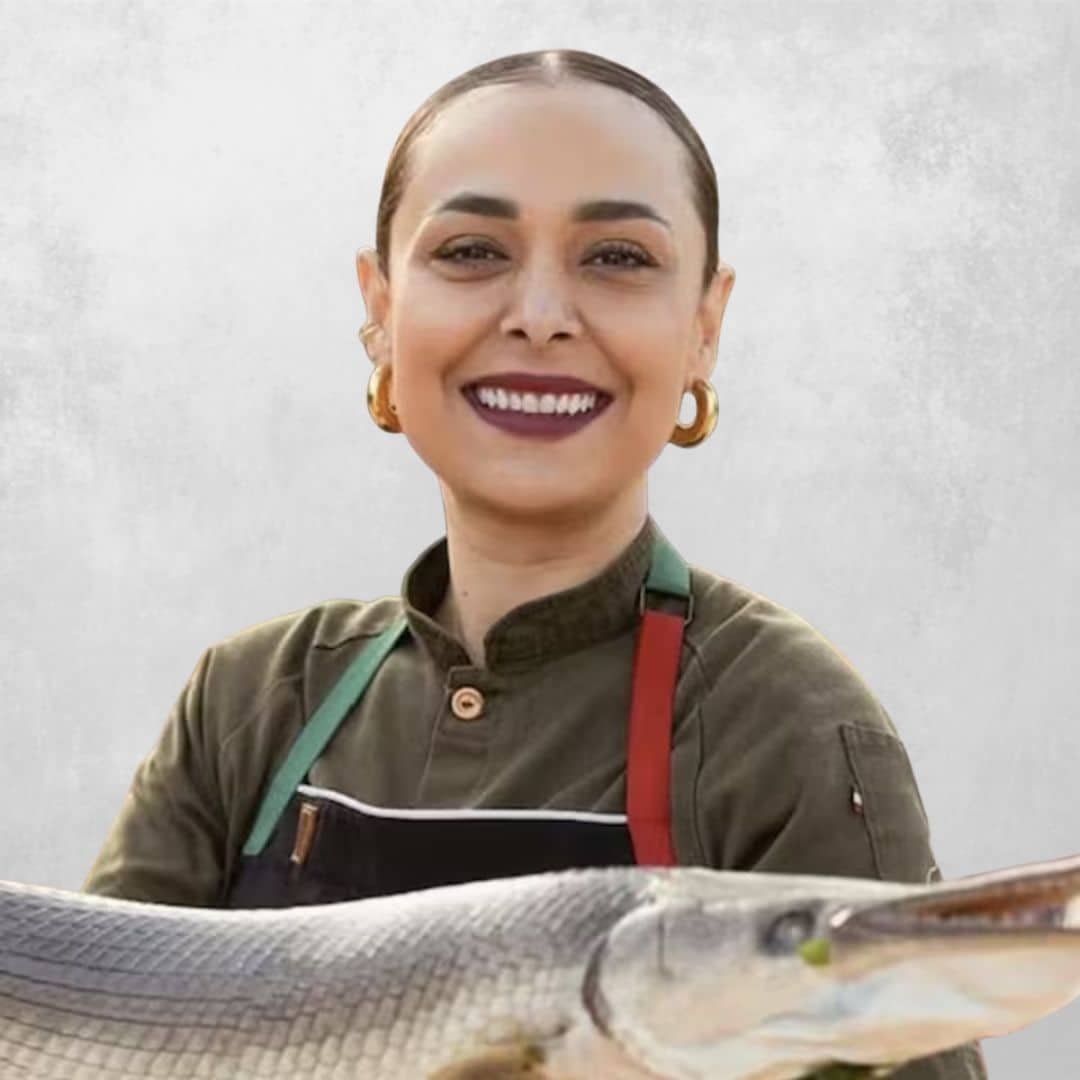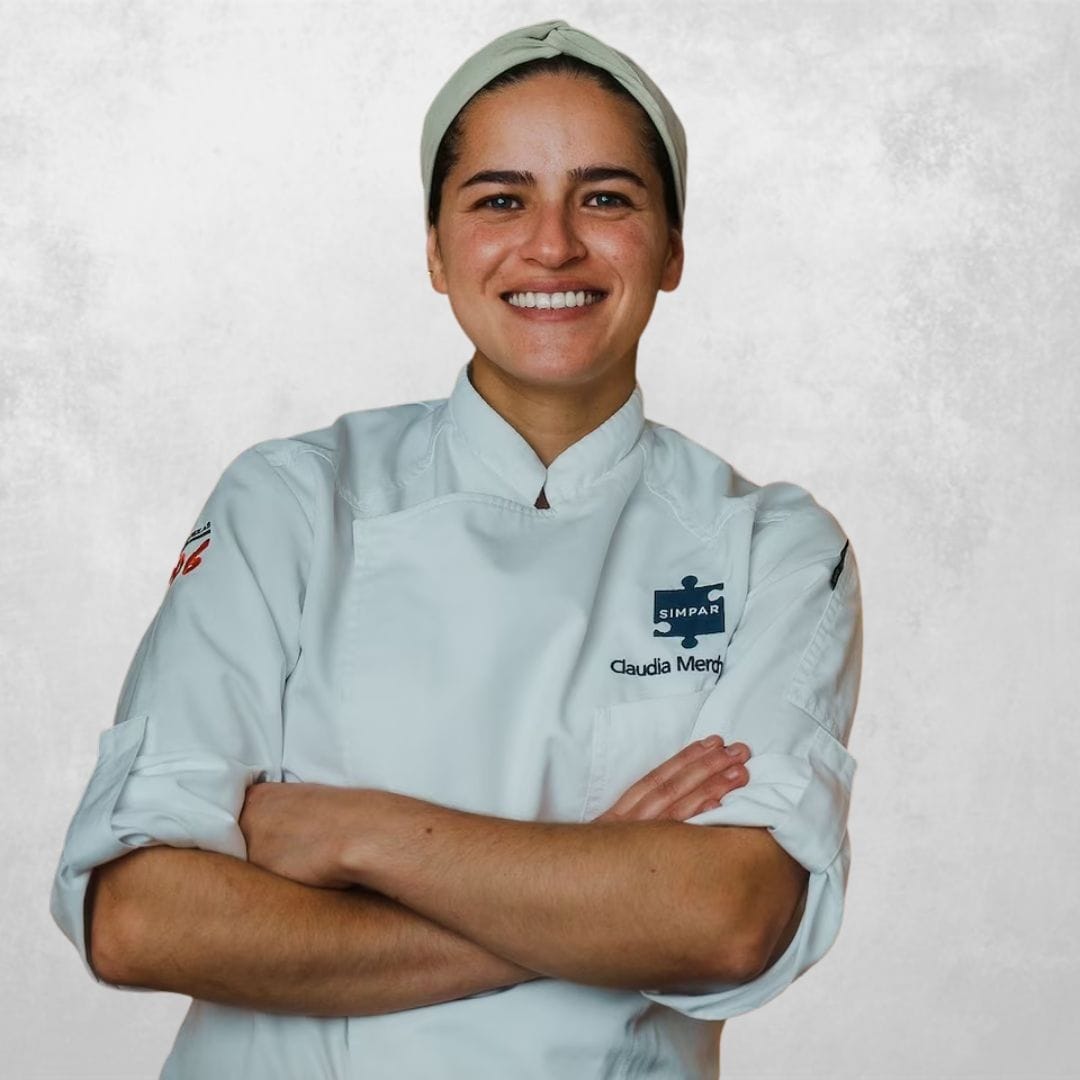Marsia Taha Mohamed is a Bolivian chef who's brought pride to her country by sharing its best recipes and the deep wealth of possibilities that are present in Latin American cuisine.
Marsia's origins have shaped the way she cooks. She was born in Bulgaria in 1989 to a Palestinian father and a Bolivian mother. She left Europe and settled in Bolivia with her family at a young age. She studied gastronomy at the First School of Hospitality and Tourism in La Paz and continued her training at the Center for Hotel Studies in the Canary Islands, Spain.
In 2012, she joined the restaurant Gustu, owned by Danish chef Claus Meyer. Marsia remained in the La Paz-based restaurant for 10 years and went on to lead its team, playing a key figure in its impact. During her years in the restaurant, Gustu was recognized as one of the 50 best restaurants in Latin America.
"When you meet my cooking, you have to come with an open mind. You're not only going to meet new flavors but also new products. Among those, there might be the tail of a lizard or a bug."
Throughout this time, Marsia became passionate about promoting the use of native Bolivian ingredients and began a campaign to help highlight her country's traditional cooking techniques. Beyond becoming a celebrated chef, Marsia is also one of the founders of Sabores Silvestres ("Wild Flavors"), an initiative led by several chefs to promote accessibility to ingredients from the Bolivian Amazon and support local cuisine.
Shortly after leaving Gustu in 2024, she was named the Best Female Chef in Latin America by Latin America's 50 Best Restaurants. Alongside this recognition, Marsia focused on launching her own restaurant, Arami, which in Guaraní means "a piece of paradise."
Arami opened its doors this past January and has been steadily gaining popularity as a favorite spot among locals in La Paz—and even foreign visitors fascinated by Bolivia and everything that the beautiful country has to offer.
"This award is a celebration of all the beautiful things we have in Bolivia, our cultural diversity, our biodiversity when it comes to products and ecosystems."
In Marsia's kitchen, native Bolivian ingredients, especially those found in the Amazon and the highlands, take center stage. These ingredients reflect the country's biodiversity and the traditions of its indigenous communities. From insects and larvae to alligator meat and freeze-dried tubers, these ingredients are just some of the elements that she uses to craft a truly unique culinary experience.
,type=downsize)
